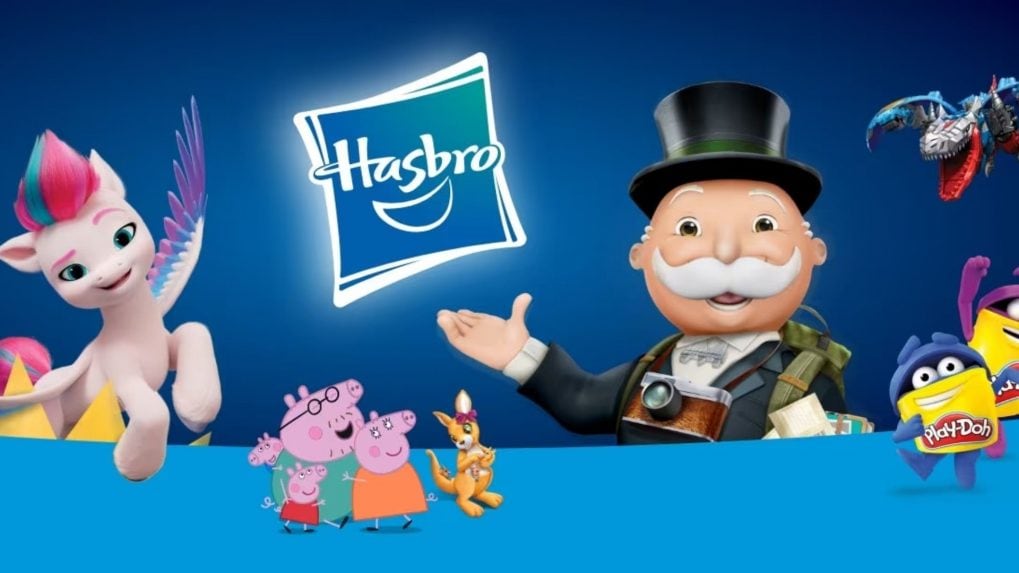How it Works
Tech layoffs 2025: The biggest job cuts in Silicon Valley and beyond

US-based toy manufacturer Hasbro has laid off 150 employees amid a tariff war with China. The job cut amounts to 3% of its global workforce. According to a report by Reuters, half of the toys and games of Hasbro are made in China. Now, with the Trump administration hiking the tariffs, the toy company has begun to diversify its sources and reduce exposure to China.
Hasbro Chief Executive Officer Chris Cocks said that higher tariffs translated into higher selling prices for consumers and potential job losses.
"We are adjusting to absorb increased costs and reduce profits for our shareholders," Cocks said.
Hasbro had 4,985 employees globally as per the company's 2024 annual filing. The toy manufacturer is also reassessing logistics routes and manufacturing to reduce the impact of high tariffs.
In April, Hasbro's revenue rose 17.1% to $887.1 million in the first quarter. The revenue from its digital gaming segment jumped 46%.
Reuters reported that Hasbro has shifted its focus towards digital and licensed gaming business, attracting younger customers after its toy business has struggled with weak demand for about three years.
Additionally, the company's efforts such as streamlining its supply chain and maintaining leaner inventories, also helped the company to report an adjusted operating margin of 25% in the first quarter of 2025.
US President Donald Trump unveiled a 10% tariff on goods from China in February, and he doubled it to 20% in March.
On 2 April, Trump imposed a universal 10% baseline tariff on all imports to the US, but a few countries were subjected to higher rates, including China.
Thereafter, Xi Jinping-led Chinese administration retaliated with its own tariffs. Consequently, Trump imposed a 145% levy on Chinese imports. In return, China introduced a 125% duty on some US goods.
Now both countries have agreed to cancel some tariffs. During a recently held talks in London, Trump said, "Full magnets, and any necessary rare earths, will be supplied, upfront, by China. Likewise, we will provide to China what was agreed to, including Chinese students using our colleges and universities (which has always been good with me!). We are getting a total of 55% tariffs, China is getting 10%."
The leaders highlighted how AI is emerging as a critical enabler in this shift from marketing’s traditional focus on new customers to a more sustainable model of driving growth from existing accounts.
Read MoreThe Online Gaming Bill 2025 imposes severe penalties, allows warrantless search and seizure, and empowers a central authority to regulate the digital gaming ecosystem. It is expected to disrupt platforms, payment systems, and advertising in the sector. Here's all you need to know about the bill.